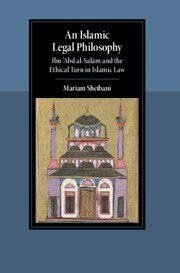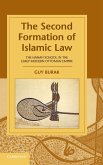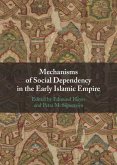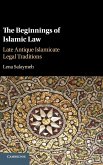While many studies of Islamic law have centered on the development of legal theory and substantive law, especially in their formative period of development, Mariam Sheibani instead argues that the rich legal history of the post-formative period and the Islamic legal philosophy that developed in it have been comparatively neglected. This innovative study traces the ethical turn in medieval Islamic legal philosophy through the pioneering work of the prominent jurist and legal philosopher Izz al-D¿n Ibn ¿Abd al-Sal¿m (d. 660/1262). Sheibani demonstrates how Ibn ¿Abd al-Sal¿m advanced a comprehensive analysis of the law's purposive and coherent rationality, articulated in a distinctive genre, with direct bearing on legal doctrine and social praxis. Ibn ¿Abd al-Sal¿m expanded on previous theological and legal reasoning, furthering two ideas developed by Khurasani Sh¿fi¿¿s: mäläa (human benefit) and qaw¿¿id (legal maxims). He also sought to embody and deploy the teachings of his legal philosophy for socio-religious reform in Ayyubid Damascus and Cairo, breaking with the dominant formalism of legal practice. The new forms of legal reasoning and writing that Ibn ¿Abd al-Sal¿m developed would influence subsequent jurists from diverse legal schools and across regional traditions until the present day.
Bitte wählen Sie Ihr Anliegen aus.
Rechnungen
Retourenschein anfordern
Bestellstatus
Storno








